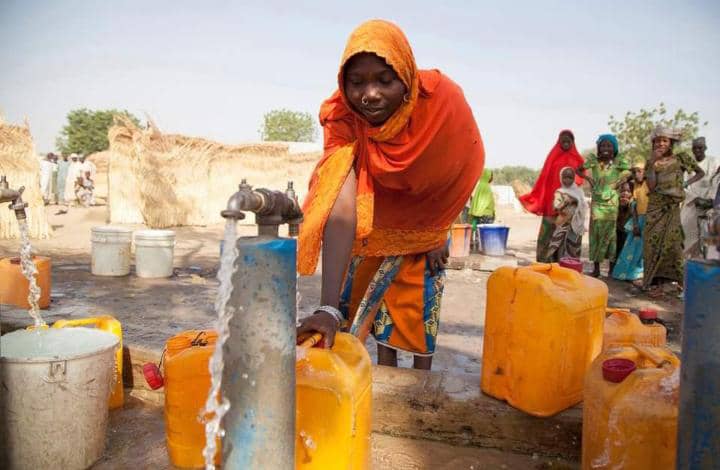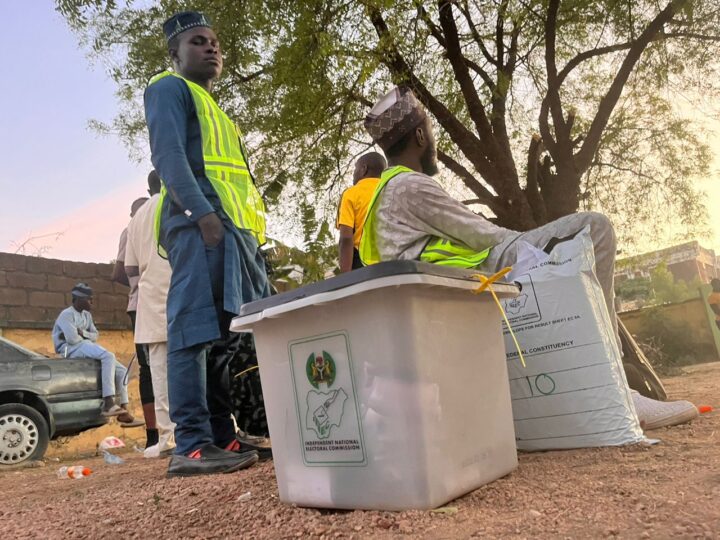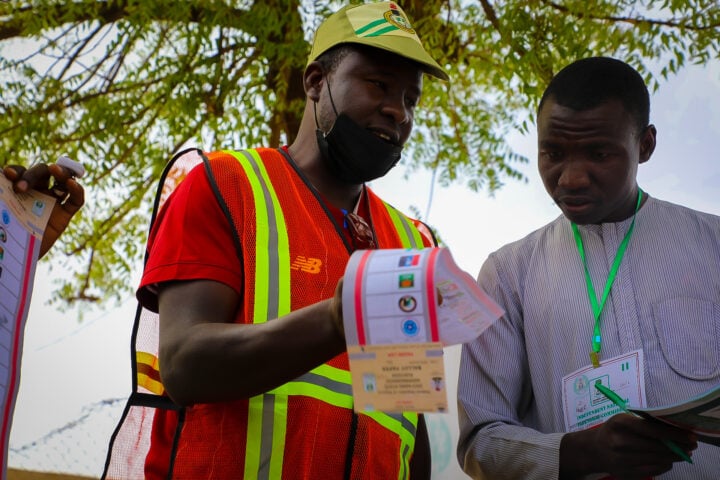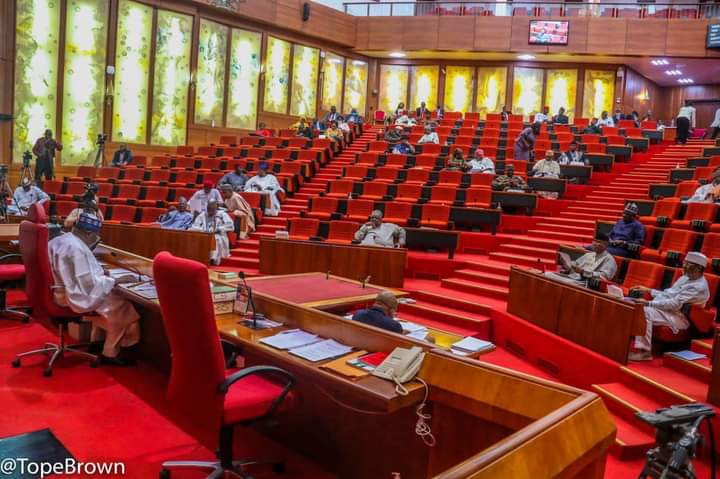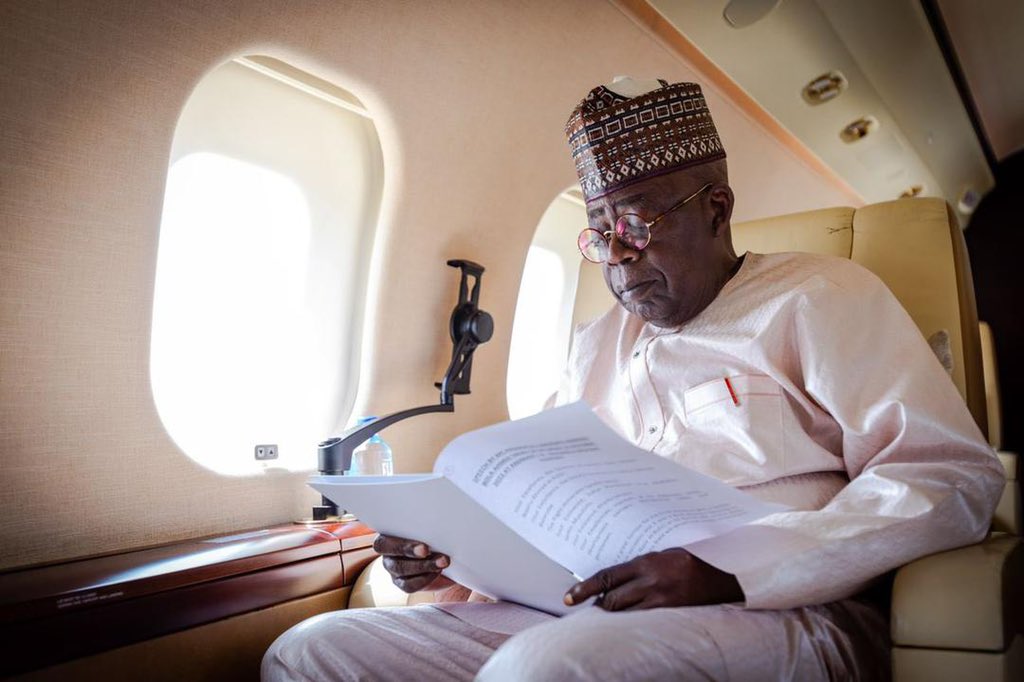Photo: UNICEF Nigeria/Facebook
Two weeks ago, my mum called me on phone. She wanted me to help her get some litres of petrol for her generator. They had not had electricity for some days. I told her fuel is now available everywhere including in my vicinity and that I was quite certain it would be available at her location too. I told her to ask one of my nephews who lives with her to find out at a particular filling station. Surprisingly, the person returned with news that the station was closed.
After hearing this, I told her I would bring fuel for her the next day. Out of curiosity, I asked why she needed the petrol so urgently. She said they needed the generator to pump water because there was no single drop in the house.
I jokingly asked her what about government water, and she fired back, “When last was there public water?” Of course, I am aware of the parlous state of the water sector in Lagos and that none of the waterworks is currently producing up to installed capacity. Many are not producing at all.
So, the next day, I got her fuel to be able to pump water to avoid health hazards when people don’t have access to safe water. Beyond hygiene and cleanliness is the fact that the impact of not having access to clean water is devastating.
Advertisement
Now, I am not joking, but why is there no public water anymore? The last time some of us enjoyed public water in Lagos was during the administration of Alhaji Lateef Jakande in the early 1980s. Successive governments in Lagos after that have failed to make the necessary investment to improve the sector.
The World Health Organization (WHO) estimates that 3.4 million people die globally every year as a result of water-related disease and most victims are children who succumb more quickly to disease. The importance of water to human survival cannot be overemphasized because of the essential role it plays in the household for drinking, cooking, cleaning, bathing, among others. As it is known, Water is Life!
Every year the United Nations celebrate water and create awareness about the shortage of water for over two billion population in the world living without clean and portable water for drinking, cooking, and other domestic activities.
Advertisement
On March 22, governments, civil society, and the corporate sector converge in New York for the United Nations Water Conference to commemorate this year’s World Water Day, which is a day set aside by the body to urge governments across the world to take action on working towards the Sustainable Development Goal (SDG) 6: Water and Sanitation for all by 2030. It is important that our leaders discuss extensively the threat to the public and democratic control of water supplies.
The theme of this year’s World Water Day is “Accelerating Change”. It is very timely and says a lot that it is high time that governments began to move away from distractions and false solutions that have failed to guarantee universal access to water for all. Moving away from distractions such as privatization and public-private partnership as a solution to public sector failure.
Evidence abounds that cities and countries that have privatized their water system are now re-municipalizing, meaning that water is now back into public hands because of the enticing promise of water privatizers of providing quality and clean water, job, and lower rates are not achievable.
There is no doubt that water systems require robust funding. Privatization has been mimed as a way to bring this needed funding but studies have shown that privatizers don’t make the necessary investment to fund the water sectors but rather engage in activities to cut corners in their operations.
Advertisement
It has been established that privatisation including the PPP model does not bring the investment needed to revitalize the water system but rather shifts the burden of capital/infrastructure investment and the risk of running a water system to the public.
The truth is that corporations found the privatized model of water systems where corporations both own and operate utilities too risky and not profitable enough for them. They are only interested in maximizing profit and minimizing their obligation to invest in infrastructure which is very critical in running a water system
For example, a community in Pittsburgh suffered the consequences of a failed privatization by water multinational, Veolia. The corporation engaged in a cost-saving measure which resulted in chemical lead contamination of the water consumed by locals.
The laboratory staff that monitored water quality were also significantly reduced in order to maximize profit. The outcome was the lead contamination that followed, threatening permanent harm to residents’ health, especially children.
Advertisement
Like Pittsburgh, Lagos is surrounded by water but over 70% of its residents do not have access to adequate and safe drinking and sanitation and most of its inhabitants, source water from any available places including unwholesome places for survival even when that water is unhealthy.
The idea of privatization of water will add to the burden of the populace. Lagos State government and other governments across the federation toying with the idea of privatizing the water systems have failed in their obligation as representatives of the people in protecting and fulfilling the human right to water.
Advertisement
In the last six years, the Lagos state government under Governor Babajide Sanwo- Olu has budgeted about N12.9 billion for the water sector. How much of this sum appropriated to the water sector has been used for the purpose? Despite the huge sums, there is still no water in most Lagos communities and findings from the waterworks are depressing.
The Adiyan waterworks has been under rehabilitation for upwards of eight years and the government keeps saying the construction is 85 percent complete but on a visit to the waterworks recently, activists say that the oldest waterworks is far from the claim of the government.
Advertisement
The real issue is that the corruption in the sector must seriously be tackled and accountability demanded on public officials who are saddled with the responsibility of managing the waterworks while government develops the political will to make necessary investments to grow the sector and reject all forms of corporate control of water and privatization of water systems including through “public-private partnership.
In solving the water crisis, the Lagos State government must bring in the necessary investments to develop the sector, as studies have shown that the driving force behind water infrastructure investment in the last decade has been dedicated public finance and not privatization. We must therefore accelerate change and move away from failed model of privatization and towards public ownership and democratic control of water.
Advertisement
Buhari is associate cirector at Corporate Accountability and Public Participation Africa (CAPPA).
Views expressed by contributors are strictly personal and not of TheCable.

